JAPANESE DOCUMENT DENYING “SEX SLAVES”
입력 2019.11.12 (15:04)
수정 2019.11.12 (16:45)
읽어주기 기능은 크롬기반의
브라우저에서만 사용하실 수 있습니다.
[Anchor Lead]
An official Japanese government document has stated that victims of Japan's wartime sex slavery, often known as so-called“ comfort women," were not "sex slaves." It's not the first time Tokyo has made this claim but this time, it has dragged Korea into the argument. Despite strong protest from Seoul, Tokyo has not corrected the part in question for over half a year. Here are the details.
[Pkg]
This is the section in Japan's 2019 Diplomatic Bluebook where the so-called comfort women issue is addressed. It says the expression of sex slaves "contradicts the facts” and should thus not be used. It added that South Korea also confirmed this position when it struck a bilateral deal in December 2015 seeking to settle the sex slavery issue. Tokyo has repeated its continued stance of refusing to acknowledge the existence of wartime sexual enslavement.
[Soundbite] TARO KONO(THEN JAPANESE FOREIGN MINISTER(FEB. 2018)) : "The Korean delegation using the expression "sex slaves" is unacceptable to Japan. It's highly regrettable."
But this year, it even added a phrase that makes it appear as if the Korean government had consented to Japan's view. Seoul's foreign ministry has made it clear that South Korea does not agree with Japan's stance. It said that it simply noted that the official terminology used by the Korean government is "Japanese military comfort women victims," which does not include the word “slavery.” A Japanese foreign ministry official also told KBS that Korea did not agree wit h Japan's decision to not use the expression "sex slaves."
[Soundbite] (JAPAN'S FOREIGN MINISTRY OFFICIAL(VOICE MODIFIED)) : "It doesn't mean that Korea said the expression "sex slaves" was inappropriate to use."
In the bluebook, Japan used the unified terminology used at the time of the 2015 deal to make it appear as if Korea refuted the notion of sex slaves. Seoul filed a protest when the bluebook came out in April, but Tokyo still refuses to correct it to this day. The Japanese government is believed to be attempting to sway opinions within the international community where the term sex slave is commonly used.
An official Japanese government document has stated that victims of Japan's wartime sex slavery, often known as so-called“ comfort women," were not "sex slaves." It's not the first time Tokyo has made this claim but this time, it has dragged Korea into the argument. Despite strong protest from Seoul, Tokyo has not corrected the part in question for over half a year. Here are the details.
[Pkg]
This is the section in Japan's 2019 Diplomatic Bluebook where the so-called comfort women issue is addressed. It says the expression of sex slaves "contradicts the facts” and should thus not be used. It added that South Korea also confirmed this position when it struck a bilateral deal in December 2015 seeking to settle the sex slavery issue. Tokyo has repeated its continued stance of refusing to acknowledge the existence of wartime sexual enslavement.
[Soundbite] TARO KONO(THEN JAPANESE FOREIGN MINISTER(FEB. 2018)) : "The Korean delegation using the expression "sex slaves" is unacceptable to Japan. It's highly regrettable."
But this year, it even added a phrase that makes it appear as if the Korean government had consented to Japan's view. Seoul's foreign ministry has made it clear that South Korea does not agree with Japan's stance. It said that it simply noted that the official terminology used by the Korean government is "Japanese military comfort women victims," which does not include the word “slavery.” A Japanese foreign ministry official also told KBS that Korea did not agree wit h Japan's decision to not use the expression "sex slaves."
[Soundbite] (JAPAN'S FOREIGN MINISTRY OFFICIAL(VOICE MODIFIED)) : "It doesn't mean that Korea said the expression "sex slaves" was inappropriate to use."
In the bluebook, Japan used the unified terminology used at the time of the 2015 deal to make it appear as if Korea refuted the notion of sex slaves. Seoul filed a protest when the bluebook came out in April, but Tokyo still refuses to correct it to this day. The Japanese government is believed to be attempting to sway opinions within the international community where the term sex slave is commonly used.
■ 제보하기
▷ 카카오톡 : 'KBS제보' 검색, 채널 추가
▷ 전화 : 02-781-1234, 4444
▷ 이메일 : kbs1234@kbs.co.kr
▷ 유튜브, 네이버, 카카오에서도 KBS뉴스를 구독해주세요!
- JAPANESE DOCUMENT DENYING “SEX SLAVES”
-
- 입력 2019-11-12 15:00:37
- 수정2019-11-12 16:45:21
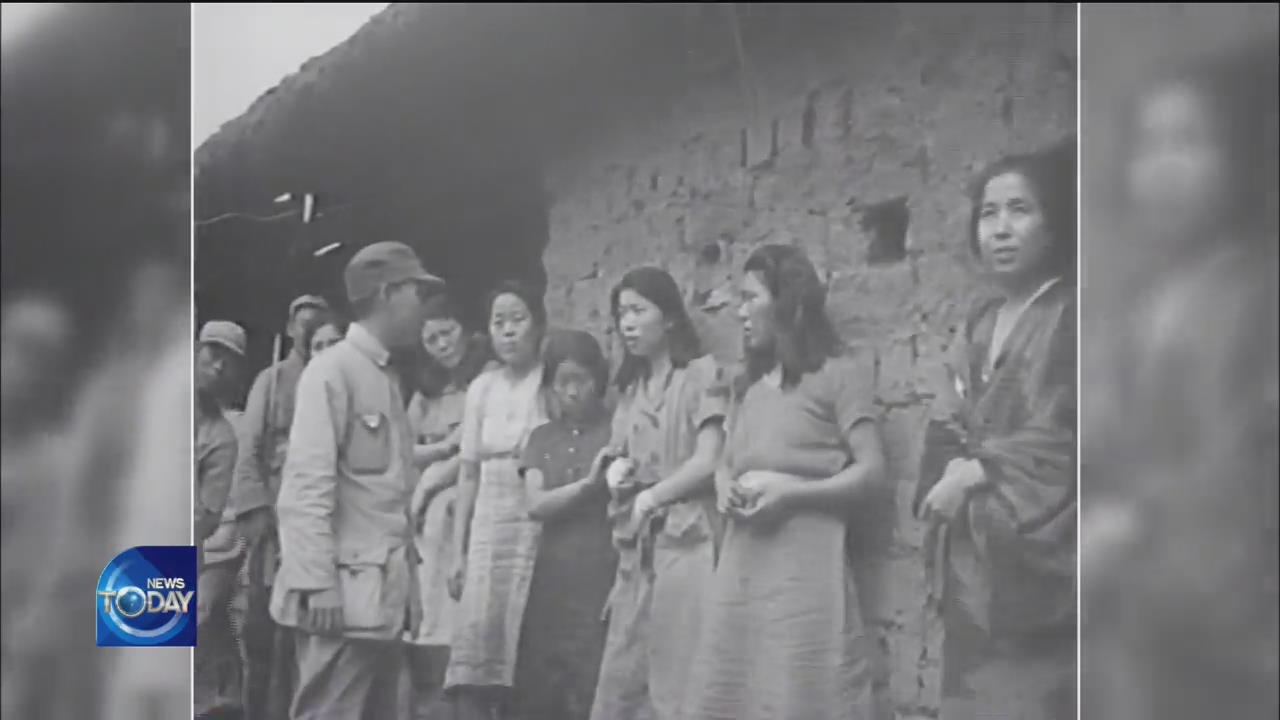
[Anchor Lead]
An official Japanese government document has stated that victims of Japan's wartime sex slavery, often known as so-called“ comfort women," were not "sex slaves." It's not the first time Tokyo has made this claim but this time, it has dragged Korea into the argument. Despite strong protest from Seoul, Tokyo has not corrected the part in question for over half a year. Here are the details.
[Pkg]
This is the section in Japan's 2019 Diplomatic Bluebook where the so-called comfort women issue is addressed. It says the expression of sex slaves "contradicts the facts” and should thus not be used. It added that South Korea also confirmed this position when it struck a bilateral deal in December 2015 seeking to settle the sex slavery issue. Tokyo has repeated its continued stance of refusing to acknowledge the existence of wartime sexual enslavement.
[Soundbite] TARO KONO(THEN JAPANESE FOREIGN MINISTER(FEB. 2018)) : "The Korean delegation using the expression "sex slaves" is unacceptable to Japan. It's highly regrettable."
But this year, it even added a phrase that makes it appear as if the Korean government had consented to Japan's view. Seoul's foreign ministry has made it clear that South Korea does not agree with Japan's stance. It said that it simply noted that the official terminology used by the Korean government is "Japanese military comfort women victims," which does not include the word “slavery.” A Japanese foreign ministry official also told KBS that Korea did not agree wit h Japan's decision to not use the expression "sex slaves."
[Soundbite] (JAPAN'S FOREIGN MINISTRY OFFICIAL(VOICE MODIFIED)) : "It doesn't mean that Korea said the expression "sex slaves" was inappropriate to use."
In the bluebook, Japan used the unified terminology used at the time of the 2015 deal to make it appear as if Korea refuted the notion of sex slaves. Seoul filed a protest when the bluebook came out in April, but Tokyo still refuses to correct it to this day. The Japanese government is believed to be attempting to sway opinions within the international community where the term sex slave is commonly used.
An official Japanese government document has stated that victims of Japan's wartime sex slavery, often known as so-called“ comfort women," were not "sex slaves." It's not the first time Tokyo has made this claim but this time, it has dragged Korea into the argument. Despite strong protest from Seoul, Tokyo has not corrected the part in question for over half a year. Here are the details.
[Pkg]
This is the section in Japan's 2019 Diplomatic Bluebook where the so-called comfort women issue is addressed. It says the expression of sex slaves "contradicts the facts” and should thus not be used. It added that South Korea also confirmed this position when it struck a bilateral deal in December 2015 seeking to settle the sex slavery issue. Tokyo has repeated its continued stance of refusing to acknowledge the existence of wartime sexual enslavement.
[Soundbite] TARO KONO(THEN JAPANESE FOREIGN MINISTER(FEB. 2018)) : "The Korean delegation using the expression "sex slaves" is unacceptable to Japan. It's highly regrettable."
But this year, it even added a phrase that makes it appear as if the Korean government had consented to Japan's view. Seoul's foreign ministry has made it clear that South Korea does not agree with Japan's stance. It said that it simply noted that the official terminology used by the Korean government is "Japanese military comfort women victims," which does not include the word “slavery.” A Japanese foreign ministry official also told KBS that Korea did not agree wit h Japan's decision to not use the expression "sex slaves."
[Soundbite] (JAPAN'S FOREIGN MINISTRY OFFICIAL(VOICE MODIFIED)) : "It doesn't mean that Korea said the expression "sex slaves" was inappropriate to use."
In the bluebook, Japan used the unified terminology used at the time of the 2015 deal to make it appear as if Korea refuted the notion of sex slaves. Seoul filed a protest when the bluebook came out in April, but Tokyo still refuses to correct it to this day. The Japanese government is believed to be attempting to sway opinions within the international community where the term sex slave is commonly used.
이 기사가 좋으셨다면
-
좋아요
0
-
응원해요
0
-
후속 원해요
0










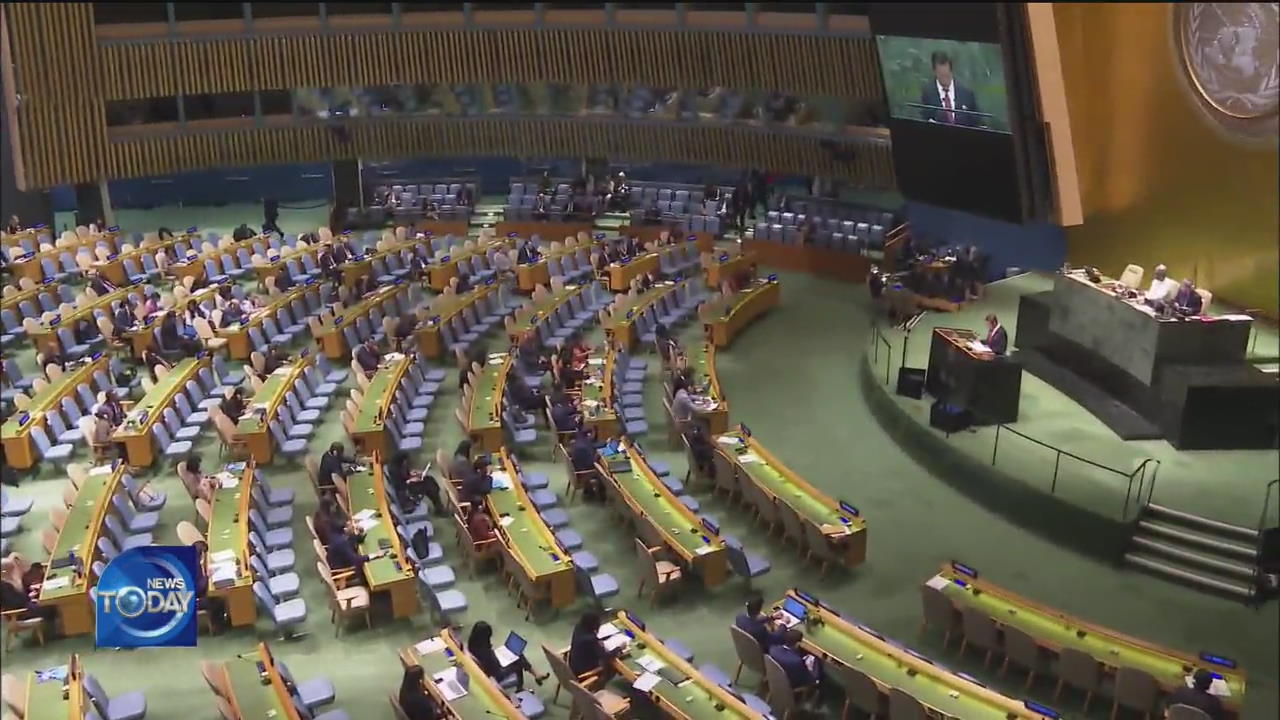

![[속보] 경기 연천군에서 규모 3.3 지진…<br>‘진도 4’ 흔들림](/data/layer/904/2025/05/20250510_kTO1cb.jpg)
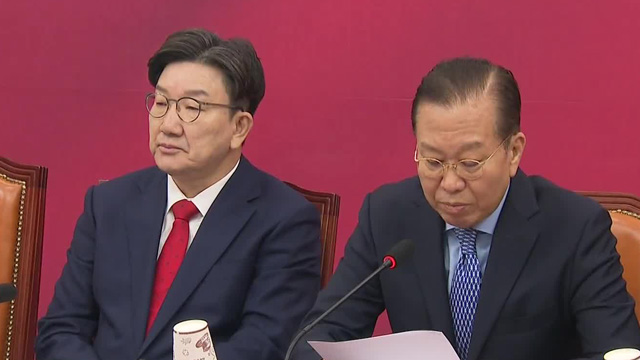
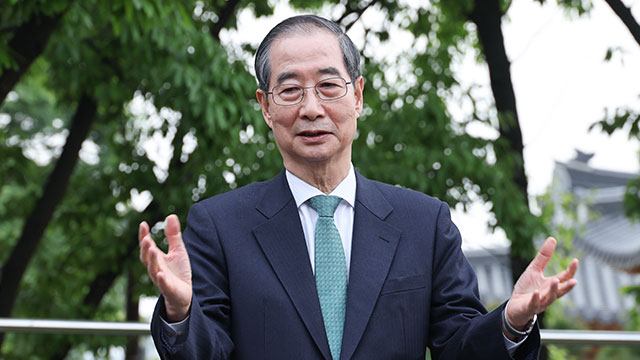
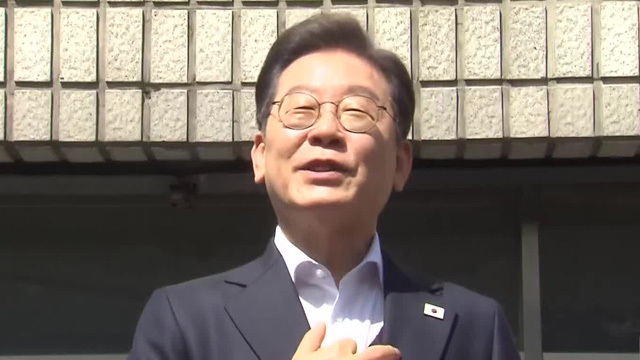

이 기사에 대한 의견을 남겨주세요.